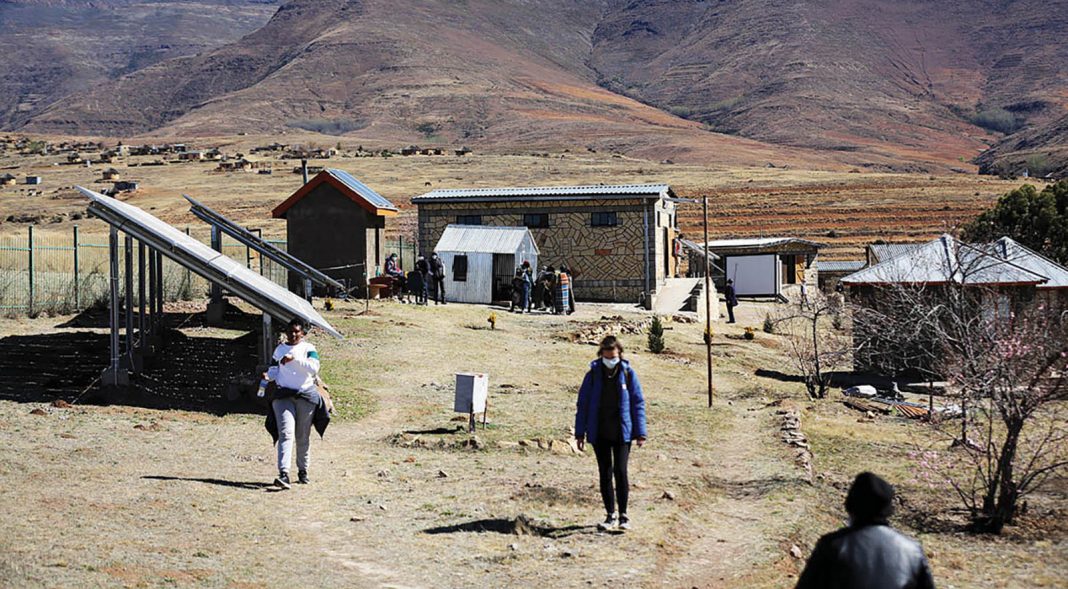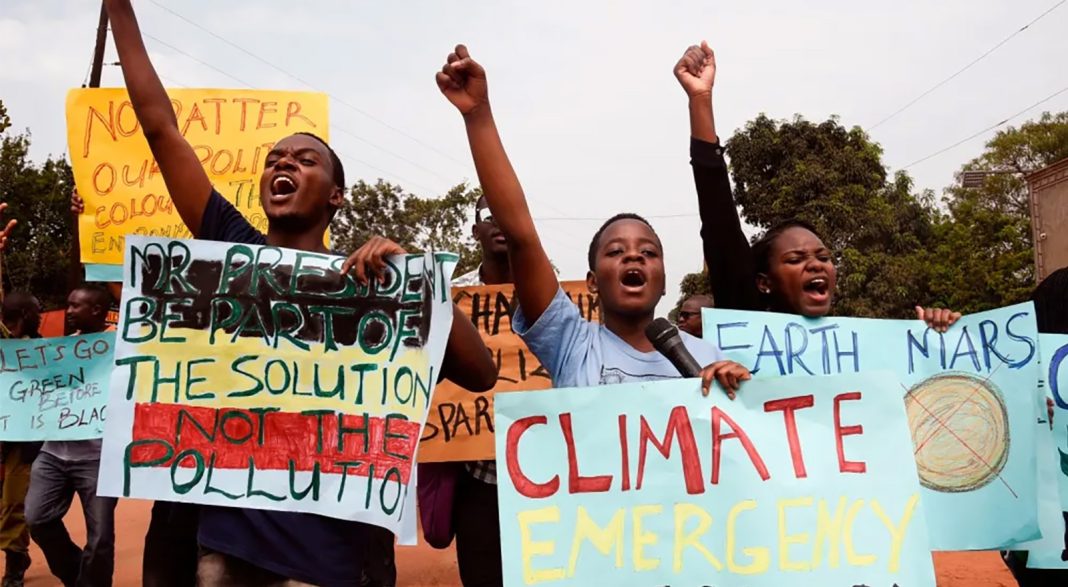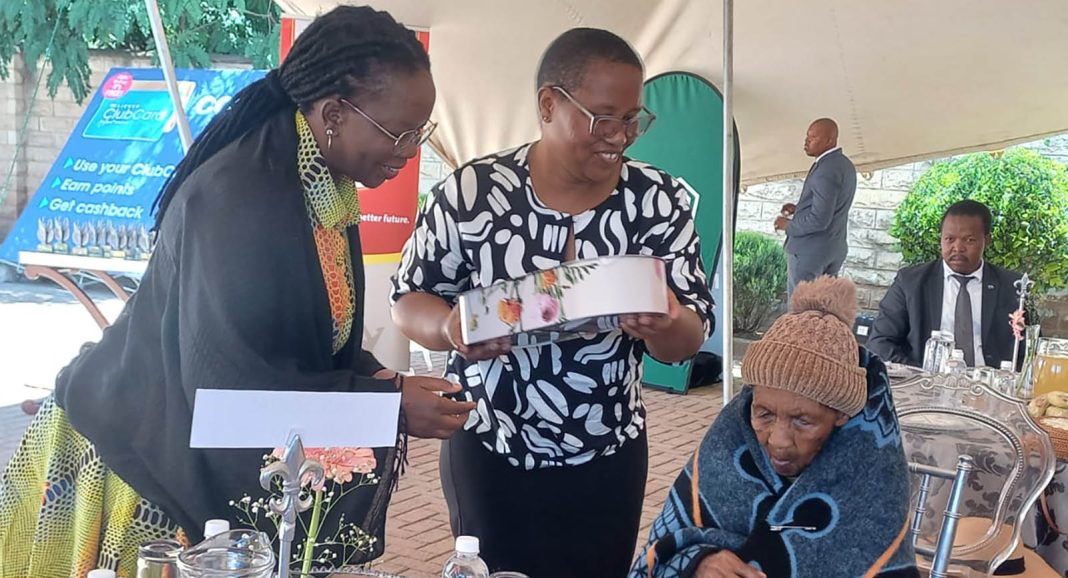The COVID-19 pandemic has left a toxic trail in its wake as some health facilities in the country are struggling to dispose of medical waste due to lack of incinerators, theReporter has learnt.
Proper infrastructure is required to safely destroy bio-hazardous waste and the absence of this critical tool poses a serious threat to health workers and the public.
Lebakeng Health Centre, situated in the mountainous remote area of Qacha’s Nek district, is among the health facilities without proper medical waste disposal infrastructure, creating a pressing public health crisis.
In the absence of incinerators and transport to ferry waste to the nearest centre in Qacha’s Nek – a three-hour drive on gravel road, Lebakeng is left in a dire predicament, where biohazardous waste from patients is unprocedural burnt, thereby posing a public health threat.
Biohazardous waste is contaminated with potentially infectious agents or other materials that could be harmful to human health or the environment. This includes blood, body fluids and human cell lines.
Without an alternative solution, the possibility of infectious diseases spreading among patients, staff and the wider community becomes a grave concern, potentially leading to a public health crisis.
Lebakeng Health Centre stands as one of the seven beacons of hope in a collaborative initiative between the Ministry of Health, and international non-governmental organisations; Partners in Health (PIH) and Lesotho Flying Doctors Services (LFDS).
The centre offers a lifeline, providing essential healthcare services to about 28 local villages in Qacha’s Nek, and parts of Qabane in Mohale’s Hoek district.
Lebakeng Health Centre manager, Karabo Lelimo, who is also a registered nurse told theReporter in a telephonic interview this week that the facility’s incinerator, crucial for the safe disposal of biohazardous waste collapsed in May last year, thrusting the facility into a perilous situation.
Lelimo noted that the absence of the machine inevitably places the centre at a heightened risk of health hazards.
Elaborating on the severity of the situation, he stated that in the absence of an incinerator and storage, as well as lack of transport to Qacha’s Nek, they are forced to burn the waste in a makeshift pit at the centre using paraffin as fuel.
“The way we are burning biohazardous waste with paraffin is not right or safe; there are specific procedures for handling and disposing of medical waste,” Lebakeng indicated.
“It is not only potentially harmful to the environment and those handling waste but it also presents a significant safety hazard, as improper burning of waste can release toxic fumes and particles into the air. We have been doing it this way because we have no other options available,” he said, adding that leaving biohazardous waste to decay on the site is also risky.
That could lead to the release of harmful toxins and pathogens into the air or infestation of rats and other vermin, which pose health risks of their own.
Lelimo also pointed out that the centre was forced to store items such as syringes, needles, scalpels, surgical blades and blood lancets in containers for two months or more until they can be collected by the Environmental Health Department in Qacha’s Nek or Primary Health Care Management Unit (PMU). These do not decompose naturally.
Once collected by the centre, the sharps are transported by community members who own donkeys through a treacherous route to the closet road near the river in Lebakeng, where they are collected by PMU or the Environmental Health Department.
According to Lelimo, hiring untrained community members to transport sharps with their donkey carts poses an additional safely risk, as such individuals lack the necessary training to handle and transport hazardous waste safely. This puts them at risk of injury or exposure to infectious diseases.
“This situation portrays our health centre as careless or negligent, but we have no choice because every day there is waste being generated from the facility. Without an incinerator, we are forced to make do with what we have, which is far from the ideal solution.
“A small but functional incinerator is all that this facility needs to effectively and safely dispose of its biohazardous waste. This is a matter of urgency although it is not treated as such by the authorities. The generated waste poses a significant risk to people, if not properly managed.
“Building an incinerator that meets our needs would not require a large investment, but it would provide us with the necessary tools to prevent potential health crises and safeguard the environment,” Lelimo added.
Contacted for comment yesterday, ministry of health public relations officer, ‘Mateboho Mosebekoa, said the procurement process for much-needed incinerators in the country was nearing completion.
Lebakeng has been identified as one of the priority sites, Lelimo said.
She noted that the centre is expected to have a fully operational incinerator by mid-December, averting a looming crisis for the facility and its surrounding community.
“Incinerators have been procured and preparations for their installation are at an advance stage. Lebakeng is one of the priority areas for this exercise that may be completed by mid-December, Mosebekoa explained.
During parliament sitting on November 7, education minister, Professor Ntoi Rapapa, speaking on behalf of the minister of health, Selibe Mochoboroane, indicated that the ministry of health through the Lesotho Covid-19 Emergency Preparedness and Response Project had refurbished intensive care units in Mafeteng, Berea and Motebang Hospitals, in response to the Covid-19 pandemic.
He stated that incinerators in the said hospitals had low capacity and they had depreciated to an extent that the disposal and the incineration of health care risk waste generated did not be done as expected.
“Due to this refurbish, accumulation of health care risk waste is anticipated to increase,” Prof Rapapa said.
The ministry of health received M12,857,758.32 in financial support from the World Bank to install and commission incinerators in the said hospitals, in order to safely and effectively treat and dispose health care risk waste, he added.








